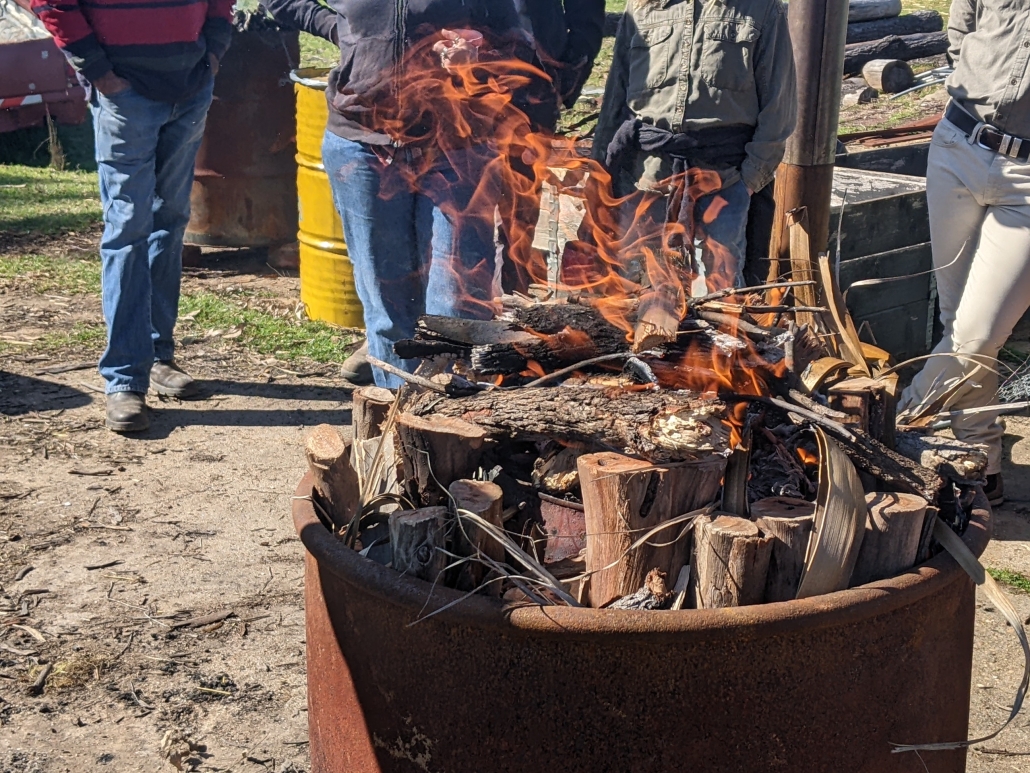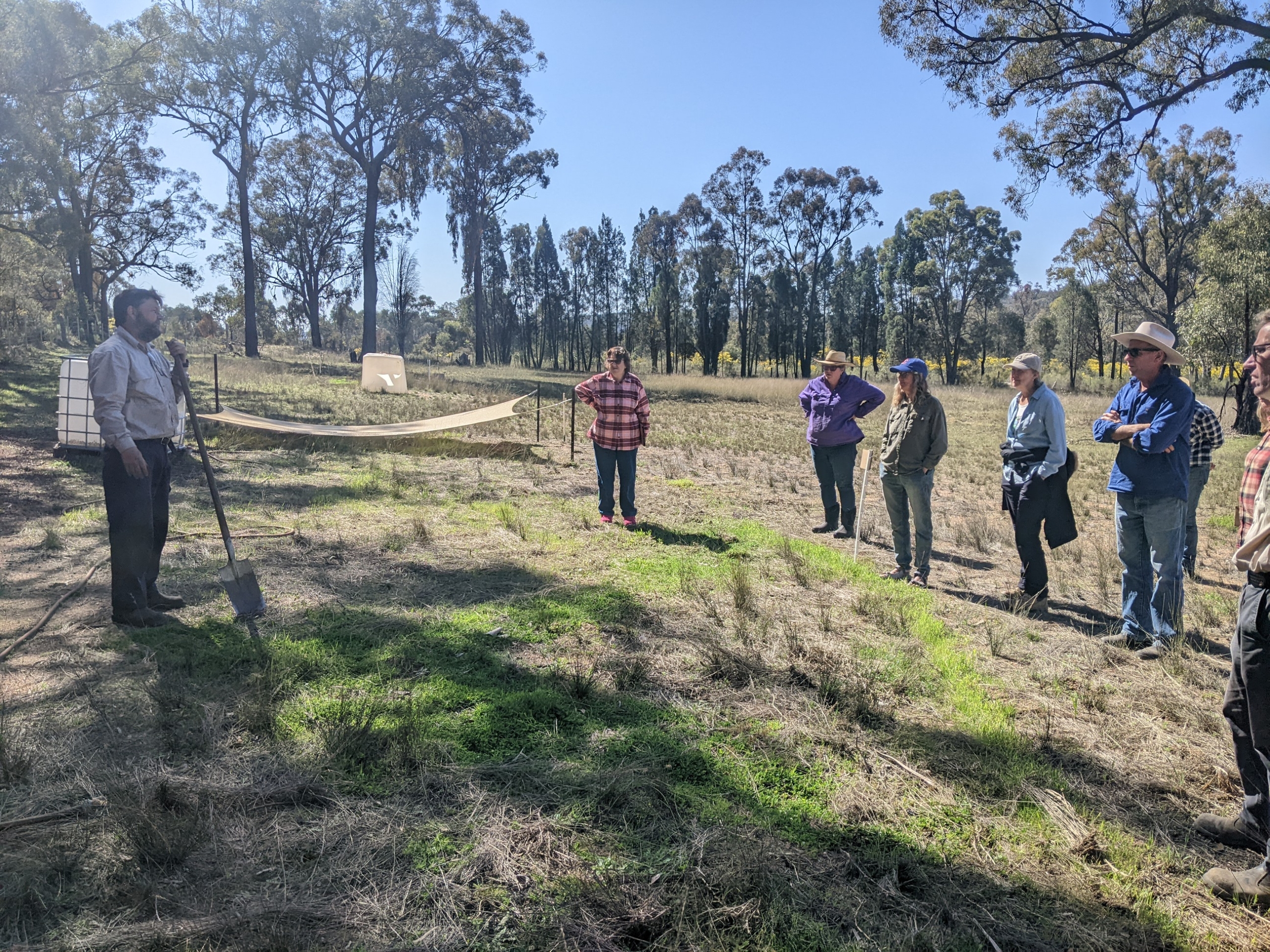Brilliant Biochar!
Published 9th August 2024. Written by Maddison O’Brien
Biochar has been identified as an incredible tool for combating climate change and revitalising degraded soils. Imagine turning organic waste into a powerful soil enhancer that boosts crop yields, improves soil health, and captures carbon. Sounds like magic, right? Well, it’s not magic—it’s biochar! Watershed Landcare is inviting landholders, farmers and Landcarers to come and learn more about biochar and wood vinegar. The workshop will take place on Thursday 28th August from 9:30AM – 1PM at a property in Bungabah, 20 kilometres North East of Gulgong.
Leading the day will be John Mellowes, Director of Pyro Ag, and Josh Frappel from ‘The Regenerative.’ We will also hear from property owners Jacinta and Greg, who will share their insights and experiments with biochar, showcasing their test plots and homemade biochar. You’ll find answers to all your questions including what is Biochar and it’s properties, how it’s made, and the correct way to use it.
Landholders Jacinta & Greg started experimenting with biochar after a tornado ripped through their property, uprooting more than 100 established eucalypts. Not wanting the trees to go to waste, they began researching biochar and started making small scale batches in their fireplace. Fast forward a couple of years and their methods have been refined to create biochar in larger quantities with more advanced methods with interesting results on their pastures.

Biochar is a stable form of carbon produced by heating organic material, such as wood or crop residues, in a low-oxygen environment through a process called pyrolysis. This ancient technique has been rediscovered as a modern solution for enhancing soil health and addressing climate change. The benefits of biochar are numerous. It improves soil structure, water retention, and nutrient availability, promoting healthier plant growth. By enhancing soil fertility and reducing nutrient leaching, biochar helps boost crop & pasture productivity. Biochar also captures and stores carbon in the soil for hundreds to thousands of years, reducing greenhouse gas emissions. Sound interesting?
Here’s the exciting part, the day will include a hands-on biochar making demonstration! allowing participants to see the process in action. Additionally, there will be a field walk to established biochar experiment plots, where attendees can witness the results firsthand. As a bonus, participants will receive a sample of biochar to take home and try in their own gardens. Morning tea and lunch will be provided and it’s sure to be an empowering day of learning an important new tool for regenerating our soils and landscapes.
With limited tickets available, don’t miss out on this chance to learn from industry experts and take your farming practices to the next level. For more information and to register, visit watershedlandcare.com.au/events.

UPDATE





